|
Email / CV / Google Scholar / LinkedIn / Github / Blog I am an AI Researcher working in the field of autonomous driving focused on perception, planning, sim2real and novel view synthesis. I have a master's degree in Artificial Intelligence, specializing in Reinforcment Learning from Centre for AI, TKM College of Engineering, Kerala, India. I've worked as a research project fellow on KSCSTE funded Research Project titled "Development of a fully automated Indigenous software for Efficient Karyotyping for Chromosome abnormality detection" in association with KSCSTE and the Regional Cancer Center (RCC). I did my Bachelor's in Electrical and Electronics Engineering from APJ Abdul Kalam Technological University. I've received the IEEE PES Kerala Chapter Outstanding Student Volunteer Award 2020. |

|
|
I'm interested in Causal Analysis, Knowledge representation, 3D Reconstruction, Graph Neural Networks, Generalization and Optimization. Much of my research is in the area of fundamental and theoretical AI and experimenting with thought problems in the field of AI. Representative works are highlighted below. |
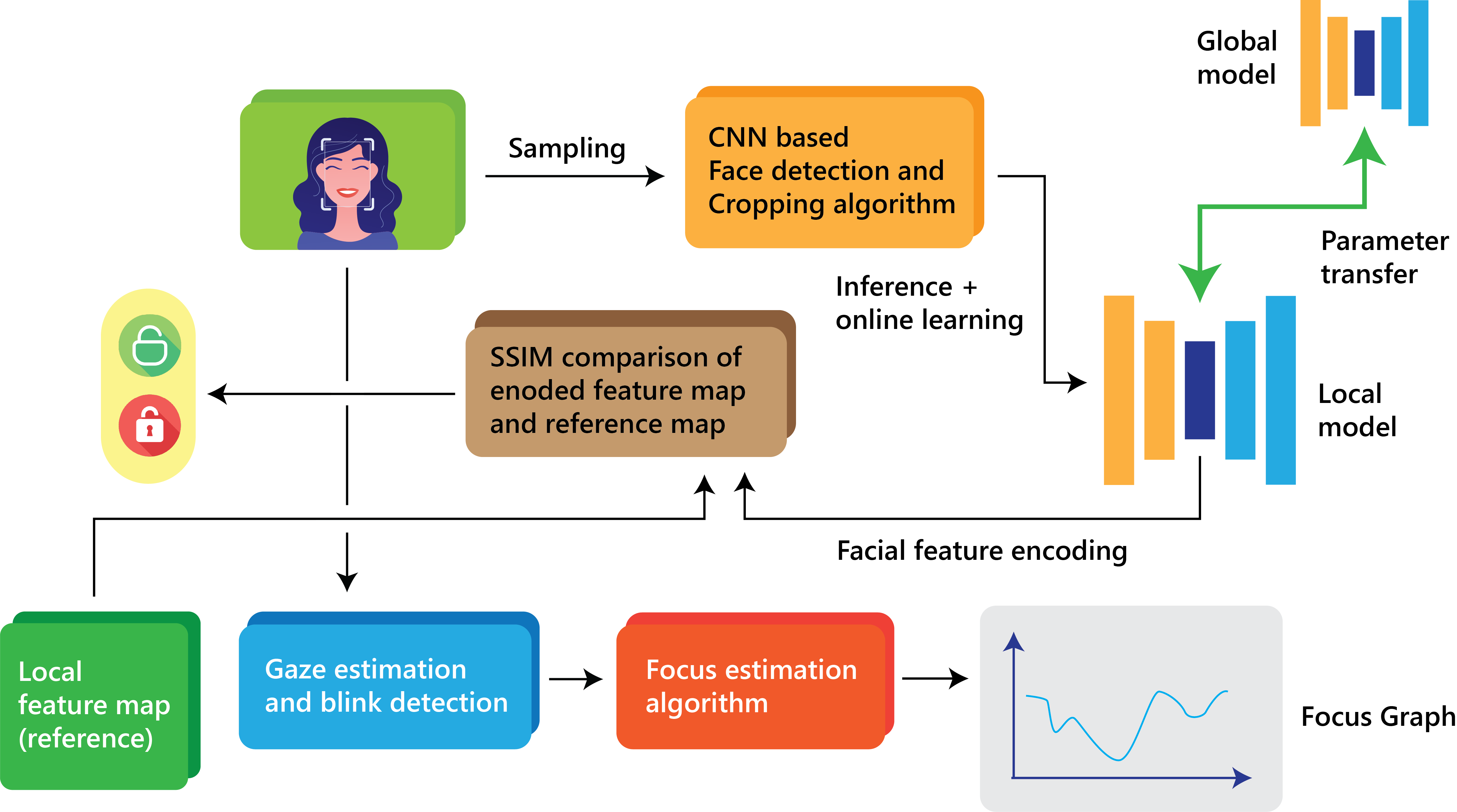
|
Hari Prasad (1st prize in global hackathon) IEEE Student Challenge, University of Valencia, Spain, 2022 FOSFRA is a system capable of authentication with data privacy in mind, developed for synchronous online learning sessions. The project was developed as part of the IEEE Student Challenge organized by the IEEE P.2834 Standard for secure and trusted learning systems. The project is capable of performing authentication using Facial recognition with the help of an Autonecoder based CNN model, Online Learning for dynamically updating the CNN model, Federated learning scheme to ensure data privacy and Focus and attention estimation using Gaze estimation and blink rate analysis. |
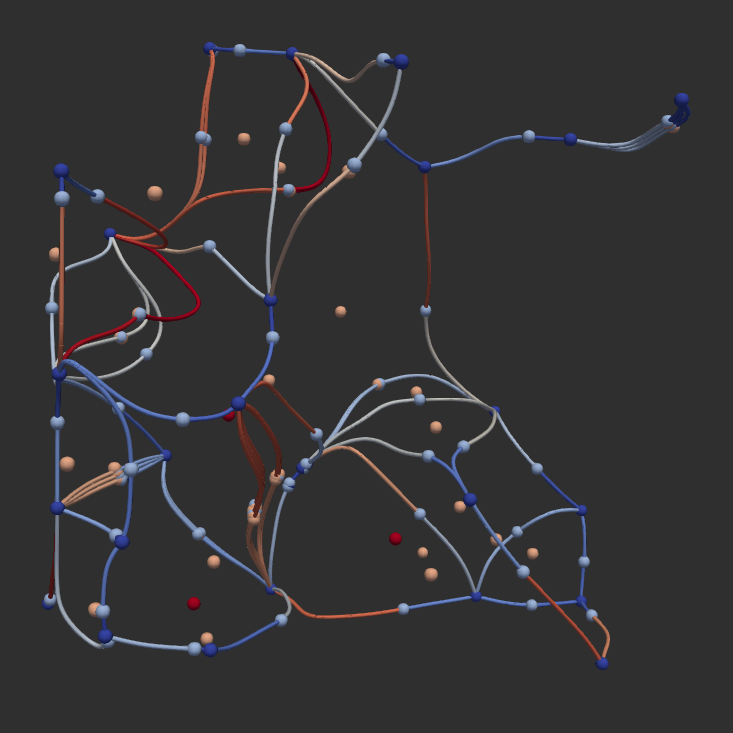
|
Hari Prasad Oskar Elek, Farhanul Hasan UC Santa Cruz Open Source Symposium, 2022 Part of PolyPhy, a python implementation of PolyPhorm which uses the Monte Carlo Physarum Machine (MCPM) algorithm inspired by the foraging behavior of Physarum polycephalum 'slime mold', in order to analyze intergalactic gas and dark matter filaments together known as the cosmic web. The project focuses on two methodologies, one using a custom graph extraction algorithm based on an agent-based approach. The second method utilizes the TTK-Paraiew Library to develop a pipeline for graph extraction and visualization using the Morse Smale Complex. The extracted graph can be used to understand the geometry and topology of the scalar field. The graph extraction algorithm will directly impact the users of the library, making it easier for them to analyze the output and make direct queries from the extracted graph. |
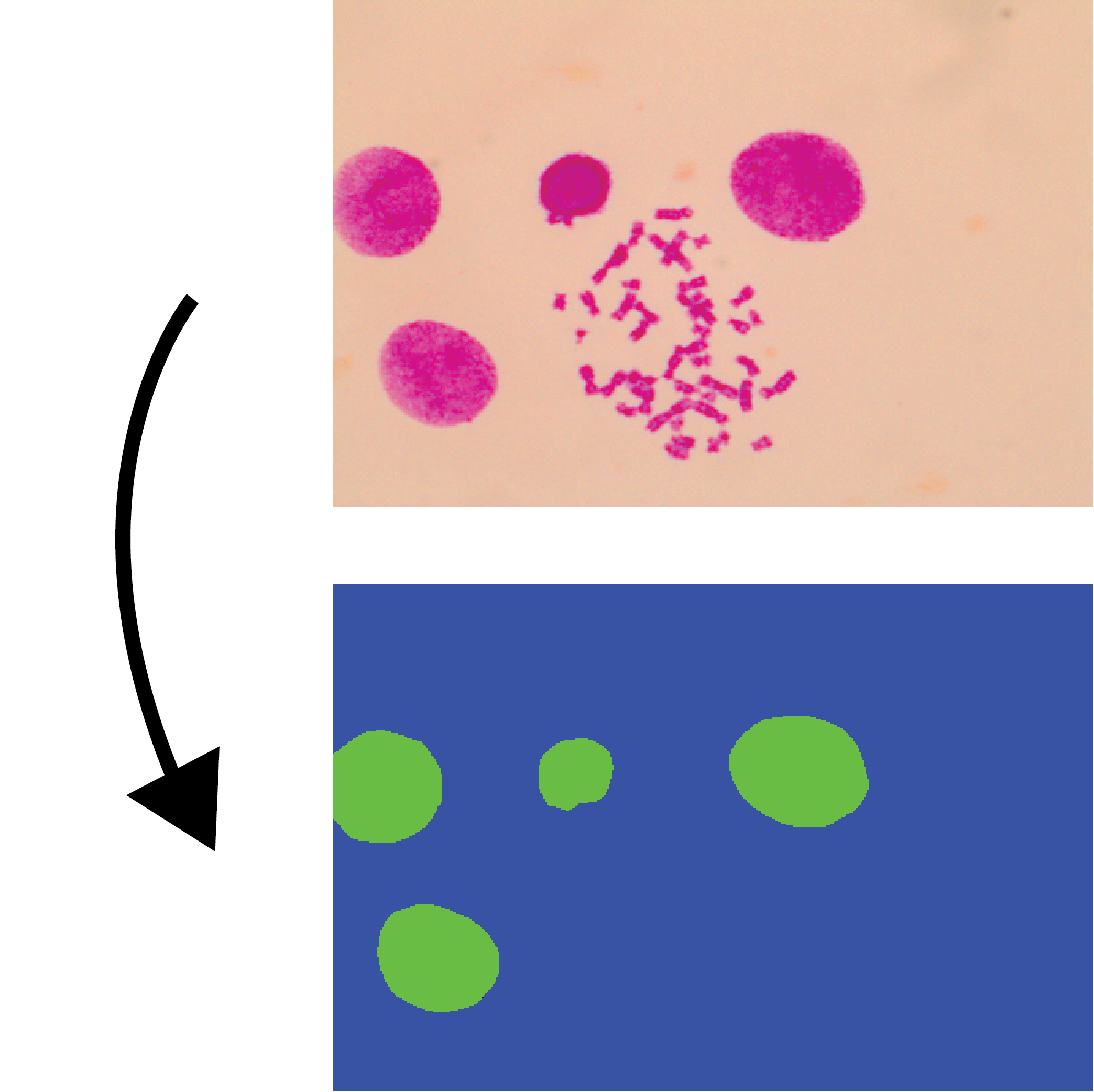
|
R S Remya, S Hariharan, Hari Prasad, C Gopakumar International Journal of Imaging Systems and Technology, 2022 Inspired from the results of UNet, a lighter version L-UNet is developed and experimented. It shows IoU (Intersection over Union) of 0.9809 and F1-score of 0.9903. |
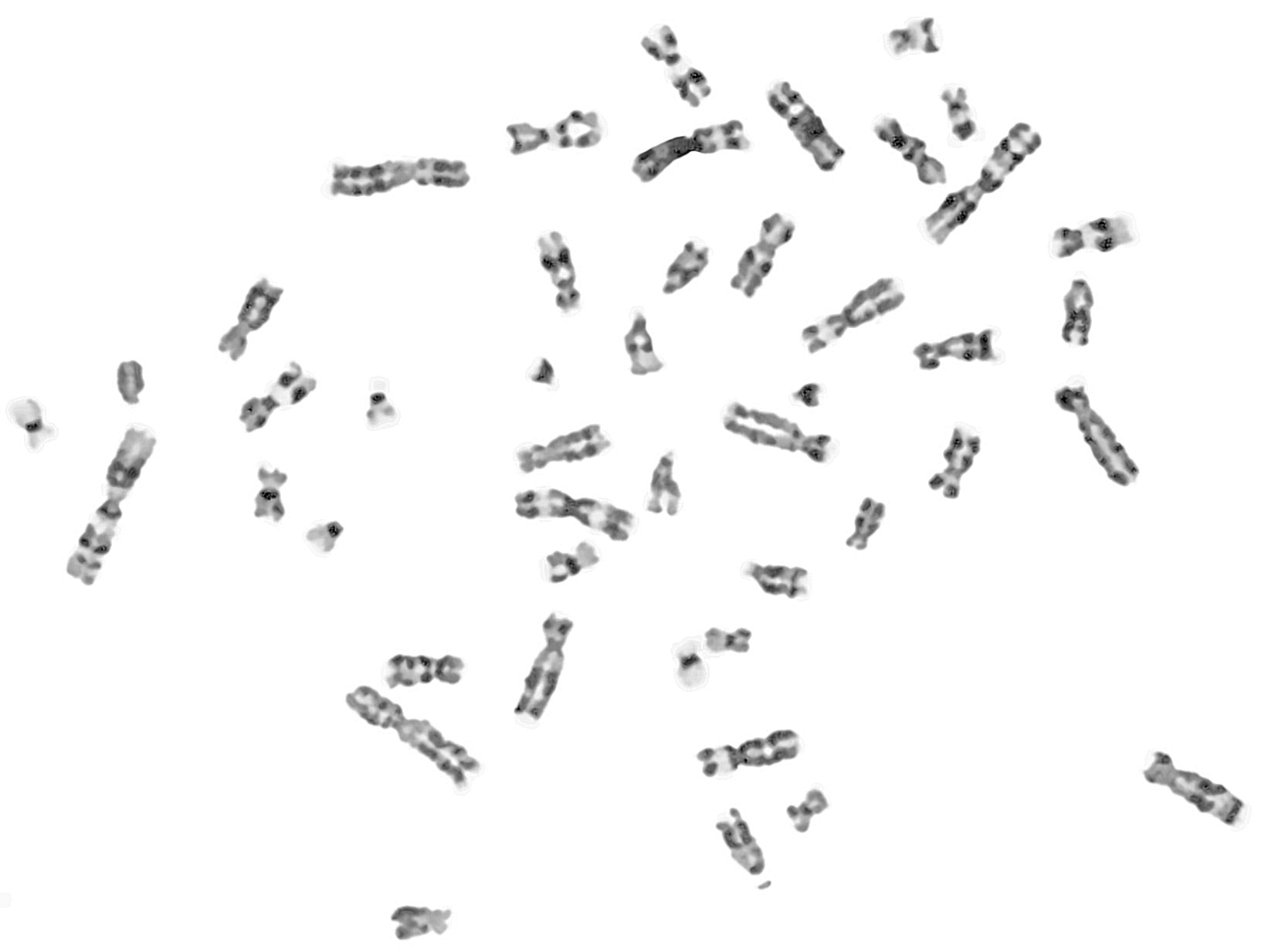
|
R S Remya, Hari Prasad, S Hariharan, C Gopakumar IEEE ICITIIT, 2022 Image processing methods are systematically extended for the preprocessing of chromosome images, and a novel approach for denoising and enhancing the chromosome images is proposed. |
|
Below are some of the projects that I have worked on in the past. Representative works are highlighted. |
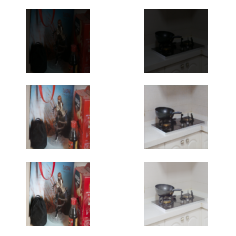
|
Hari Prasad, Arxiv / Github, 2021 The enhancement of low light images using a Pix2Pix image translational GAN. The model is capable of reccreating the original model with enhanced lighting and good SSIM value. |
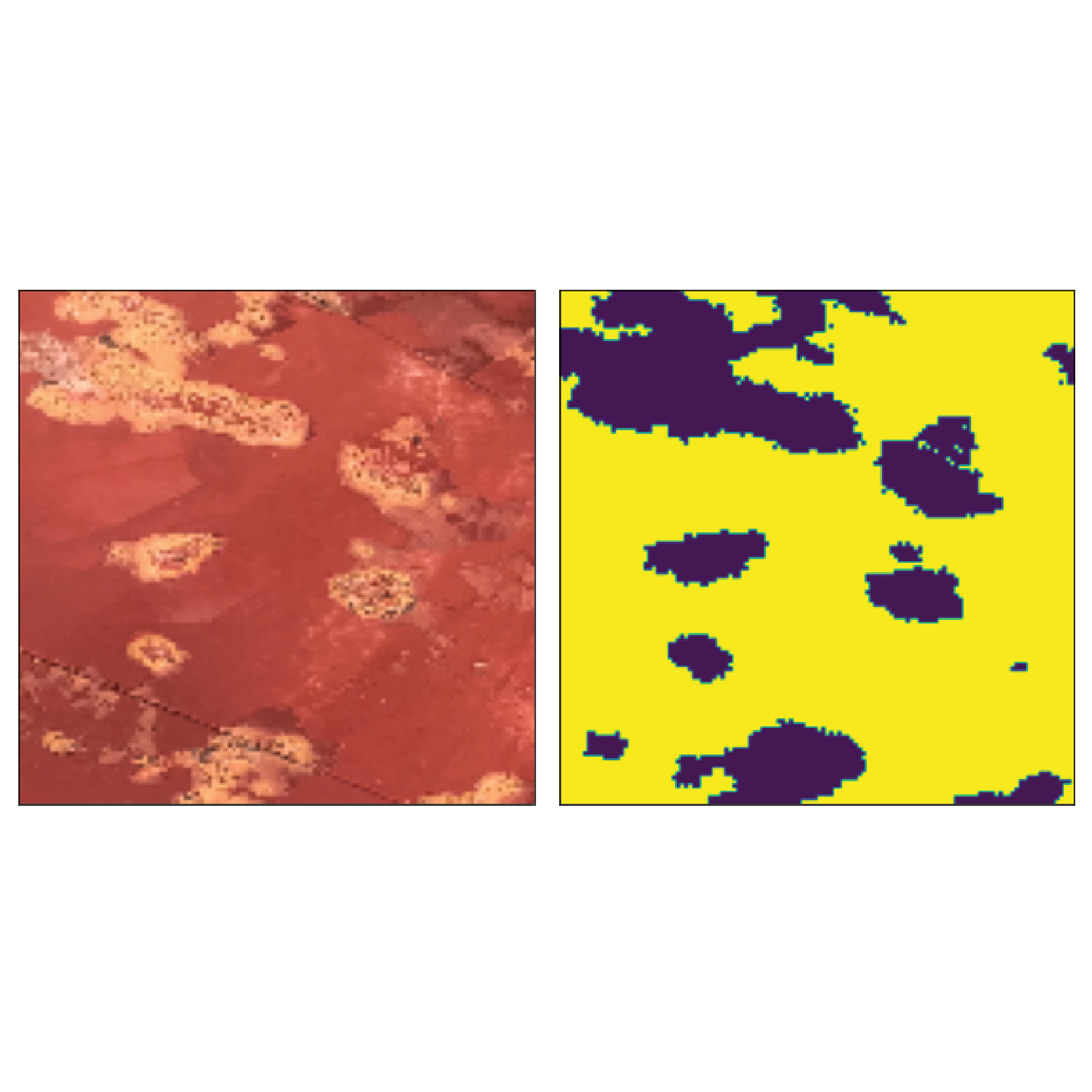
|
Hari Prasad, Arxiv / Github, 2021 The inspection and analysis of defects and corrosion during the dry docks period of a sea going vessel is a tedious and time-consuming process. This paper discusses deep learning based semantic segmentation techniques to speedup the detection of defects and automate the process. The MaVeCoDD Dataset is being used to evaluate the models and a comparative study of U-Net based Semantic Segmentation models are carried out. |
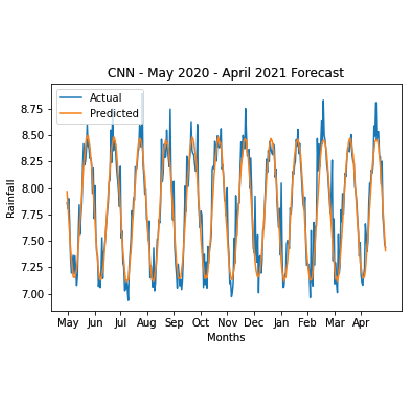
|
Hari Prasad, Arxiv / Github, 2021 A comparison of MLP, LSTM, Bi-LSTM and CNN was carried out. The final model was selected after the comparison to forecast the yearly rainfall with a step size of 365. In order to make the model better, hyper-parameter tuning was performed, with the number of filters and the activation function. The goal was to minimize the MSE, which was achieved using hyper-parameter tuning. |
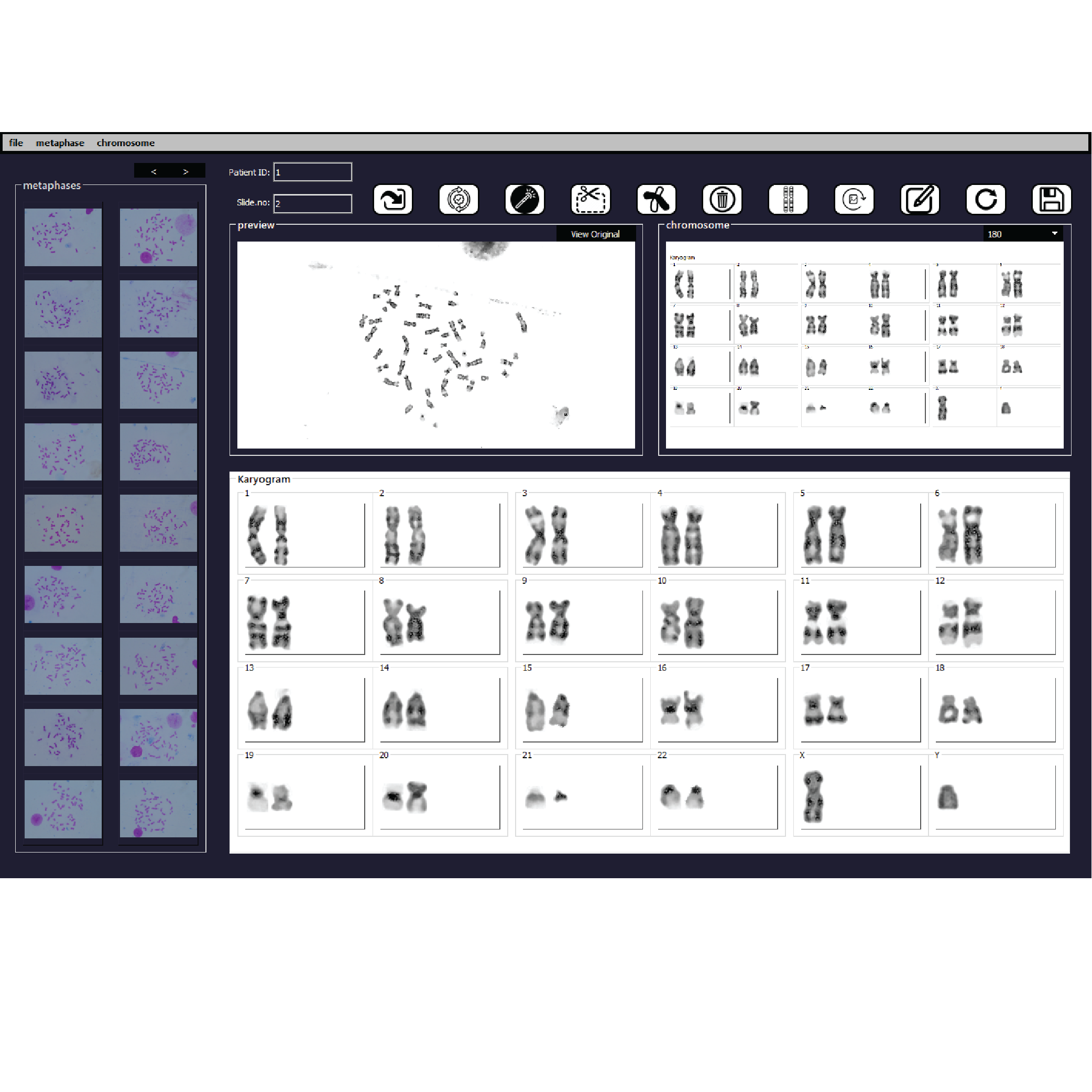
|
R S Remya, Hari Prasad, S Hariharan, C Gopakumar KSCSTE, Regional Cancer Centre, 2021 Development of a fully automated efficient karyotyping and chromosome abnormality detection software using Deep Learning, funded by the Regional Cancer Center Thiruvanathapuram and KSCSTE. |

|
Hari Prasad , Akhil Ahammed N, Ayana S Kuttan, Prof. Haseena P Y (Guide) Bachelor's Degree Thesis, 2020 This Project solves the basic imitations of a 3D Printer by using a 6 DOF Robotic Arm. The Project overcomes several issues of conventional 3D printers by combining the Robotic Arm with the existing 3D Printing technology. The resulting System overcomes the dimensional limitation of the printed object hence has the ability to print any sized object. |
|
|
|
|